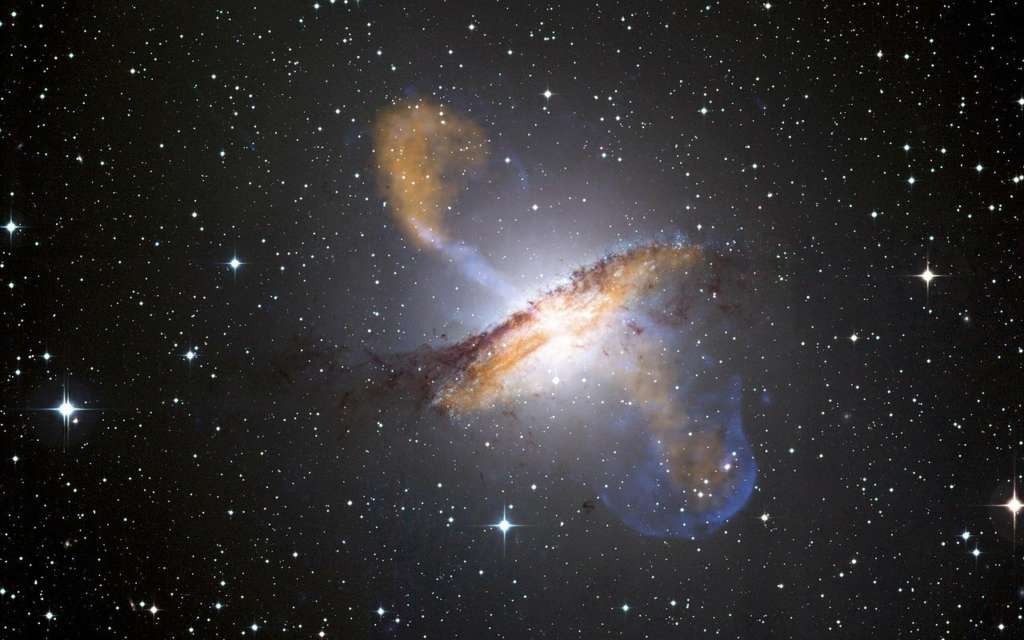“We are all in the gutter, but some of us are looking at the stars” – so said clever clogs Oscar Wilde. An astronomy evening class can help you make sense of what you see when you look up at the night sky
Astronomy is as old as human life itself. From the time our knuckles first brushed the forest floors, we have looked to the night sky and wondered. The earliest dedicated astronomers were priests, who observed the skies in an attempt to predict the future and divine the reasons for earthly events. They were often wrong, and perpetuated the idea that the Earth was the centre of the universe and never moved.
The golden period for ancient astronomy took place in Greece from 600 BC to 400 AD. The Greeks introduced geometry and trigonometry to the science and began to construct detailed maps of the solar system. At this time the science of astronomy diverged from the practice of astrology, which thinks that the movement of celestial objects can influence events down here on earth, for instance by using horoscopes. Astronomy is much more interested in observation and examination than in speculation and presumption.
Modern astronomy really got going during the Renaissance in Europe (although some Indian and Arab astronomers had made important discoveries before then). Polish genius Nicolas Copernicus used mathematics to place the sun at the centre of the solar system, but his theory wasn’t accepted until another genius, the Italian Galileo Galilei, utilised the recently invented refracting telescope to watch the moons of Jupiter orbiting the planet. This seemed to prove conclusively to the idea that the sun was the centre and that the earth moved to orbit it, although the idea met with plenty of resistance from the various authorities at first. Gradually though, everyone came around to the idea.
Astronomy today is still the study of the planets, stars, galaxies, the universe, and everything. However, it now uses chemistry, physics, geology, and, increasingly, biology to achieve its objectives. Don’t worry though – your basic hitchhiker’s guide to the galaxy won’t require you to be proficient in astrophysics. Astronomy courses typically contain no mathematical content and are designed with the beginner in mind.
During a basic introduction to the night sky you will learn about such astral subjects as the sun, the moon, the inner planets, the outer planets and the stars. If you choose to do a course with some theory, then you will learn about related topics such as light, supernovae, black holes, and maybe even the possibility of extraterrestrial life.
Most students are usually more interested in the general knowledge aspect of the subject, rather than the technical aspects of astronomy. However a certain amount of know-how can come in very handy at certain times, for instance to break an awkward silence on that important first date. Instead of pointing to the night sky and saying, “Look darling, at the umm lovely star” you can impress your intended by rolling off the name, age, and why it it that it twinkles.
Other astronomically inclined classes can contain elements such as the history of astronomy, practical instruction on using and maintaining telescopes and a look at cosmology, which is a branch of astrophysics concerned with fundamental questions such as how did the universe begin and how loud was the Big Bang. Findings and photographs from modern spacecraft missions and ground-based observatories can be shared and discussed.
Astronomy is one of the few sciences where amateurs can still play an active role in pushing boundaries and making new discoveries. In 1995, for instance, Thomas Bopp, whose day job at the time was managing a construction materials factory in Phoenix, Arizona, was the co-discoverer of what is now called the Hale-Bopp comet. New discoveries are constantly being made, and amateur equipment is becoming more advanced, so there are opportunities for anyone looking the right way, while standing in the right place at the right time, to make a significant discovery and go down in astronomical history.
So the possibilities really are endless for those with the requisite amount of motivation and curiosity in the science of astronomy. Astronomy classes are held on a regular basis at a number of schools and centres around Ireland. If you want to boldly go where precious few have gone before, then search the National Education Database to find an astronomy course that suits you.
Did you know
Sunlight takes around 8 minutes to reach Earth (though it seems to take a bit longer to reach Ireland!).

















